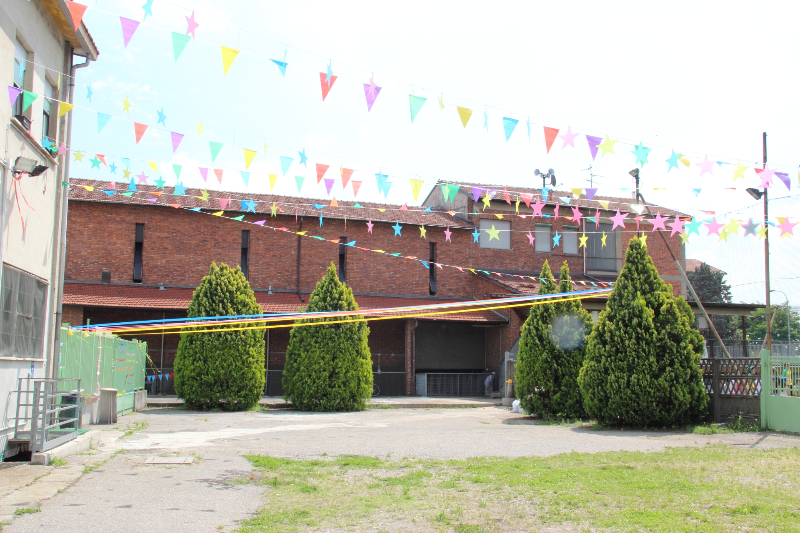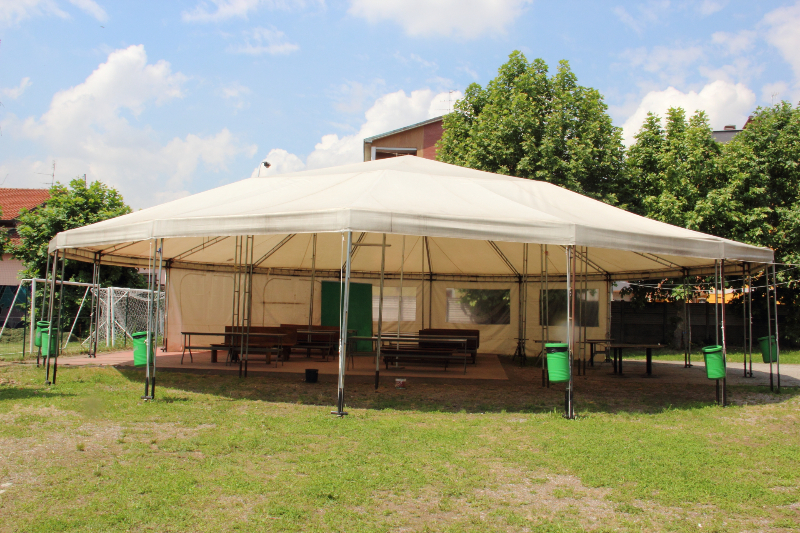The Innovation of Google Search: From Keywords to AI-Powered Answers
The Innovation of Google Search: From Keywords to AI-Powered Answers
Starting from its 1998 debut, Google Search has shifted from a basic keyword interpreter into a agile, AI-driven answer tool. In early days, Google’s revolution was PageRank, which ordered pages according to the superiority and total of inbound links. This changed the web off keyword stuffing in favor of content that secured trust and citations.
As the internet increased and mobile devices spread, search patterns varied. Google released universal search to blend results (updates, illustrations, recordings) and eventually highlighted mobile-first indexing to show how people in fact visit. Voice queries leveraging Google Now and after that Google Assistant drove the system to read chatty, context-rich questions as opposed to succinct keyword strings.
The following jump was machine learning. With RankBrain, Google commenced analyzing in the past new queries and user intent. BERT progressed this by understanding the nuance of natural language—function words, context, and connections between words—so results more suitably suited what people conveyed, not just what they keyed in. MUM enhanced understanding across languages and modes, helping the engine to connect allied ideas and media types in more advanced ways.
At present, generative AI is reconfiguring the results page. Implementations like AI Overviews distill information from many sources to render compact, meaningful answers, regularly combined with citations and follow-up suggestions. This limits the need to follow multiple links to construct an understanding, while but still pointing users to more in-depth resources when they desire to explore.
For users, this journey leads to quicker, more exact answers. For creators and businesses, it rewards substance, novelty, and explicitness compared to shortcuts. Ahead, forecast search to become steadily multimodal—fluidly fusing text, images, and video—and more personal, modifying to inclinations and tasks. The progression from keywords to AI-powered answers is in the end about revolutionizing search from discovering pages to taking action.

















